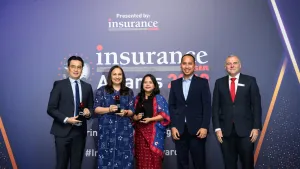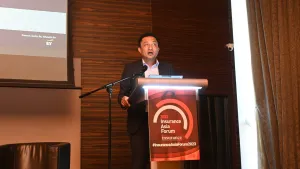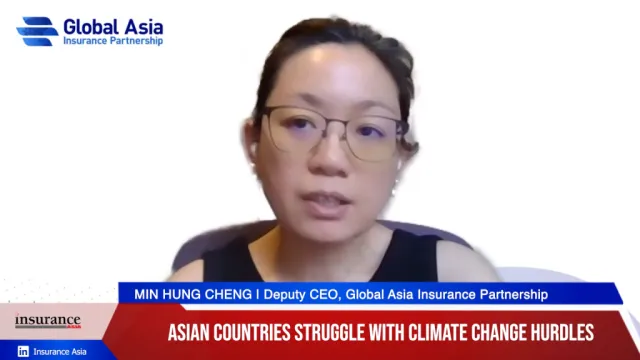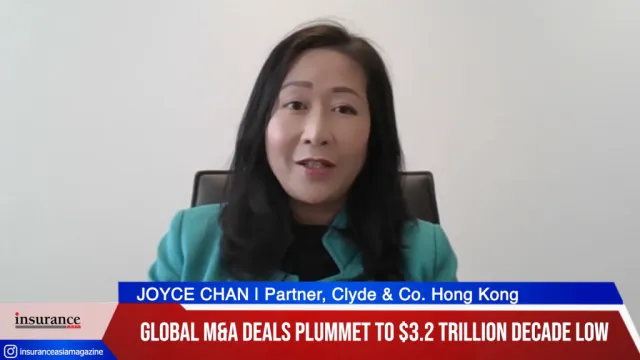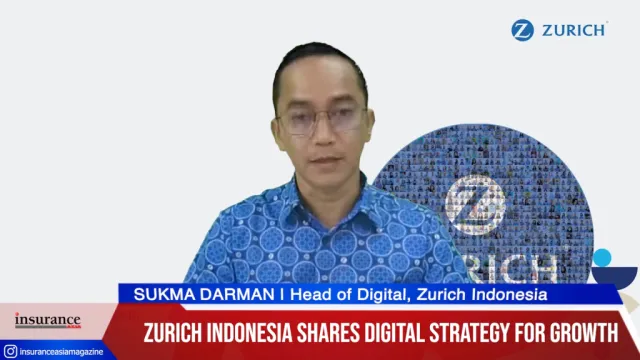
Insuring the uninsurable: Why some people are too risky to insure at any premium
Insurers may refuse to take on certain risks.
Insurance has always been about risk assessment, but big data could mean some people are just too risky to insure at any premium, according to accounting association ICAEW. The ability to collect and use highly personalised data could mean factors like genetics, how active you are, or whether you need to drive at night means insurance products could become unaffordable — or insurers may refuse to take on certain risks.
Based on experience of a range of audit firms with clients across the insurance industry, ICAEW also points out that insurers can no longer assume that they have the best data on their customers.
“Insurance protects us against risks we face in everyday life but can’t necessarily bear the cost of it alone. It depends on groups of people being exposed to similar risks and seeking similar cover. Increasingly, technology means there is so much data about our own individual risk factors that it no longer makes sense for companies to group us together,” says Philippa Kelly, ICAEW’s financial services assurance manager.
“But this means some people may be so high risk they are priced out of insurance altogether and we get ‘uninsurables’. This can easily be due to factors people can’t control. These might have to do with where you live, genetic conditions, or new developments like cyber risk. Society needs to decide what we do about that. Should regulators intervene to ensure insurance remains accessible even to people who represent a higher risk,” she adds.
Customer incentives
For products like health and life insurance some companies are offering incentives to customers who provide them with more data. For example, policy holders who use wearable devices like Fitbits or apps to share information about their health and activity may be offered lower premiums.
According to Kelly, “This can make insurance products more precise and so potentially better value for customers. However, if such data sharing became a condition of getting a policy, we would need to be careful about who is being unfairly disadvantaged.”
As well as helping insurers, technology is also enabling consumers to cut out the “middle man” entirely by doing their own research online rather than relying on brokers.
This can make the process cheaper, but customers have to rely on their own knowledge and experience to decide what is best for them. Kelly notes that websites mean it is easy and free to compare prices, so customers think they are getting a good deal. But simplified information means that customers might miss important details and not get the value they expect.
“People might pay too much, by overestimating the value of their property, or not get the cover they want if the customer does not understand what is and is not protected. The problem is that most people only find out when it is too late and their insurer can't pay out," says Kelly.










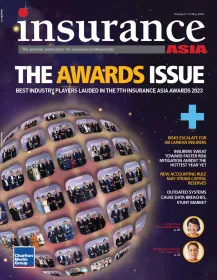
 Advertise
Advertise

